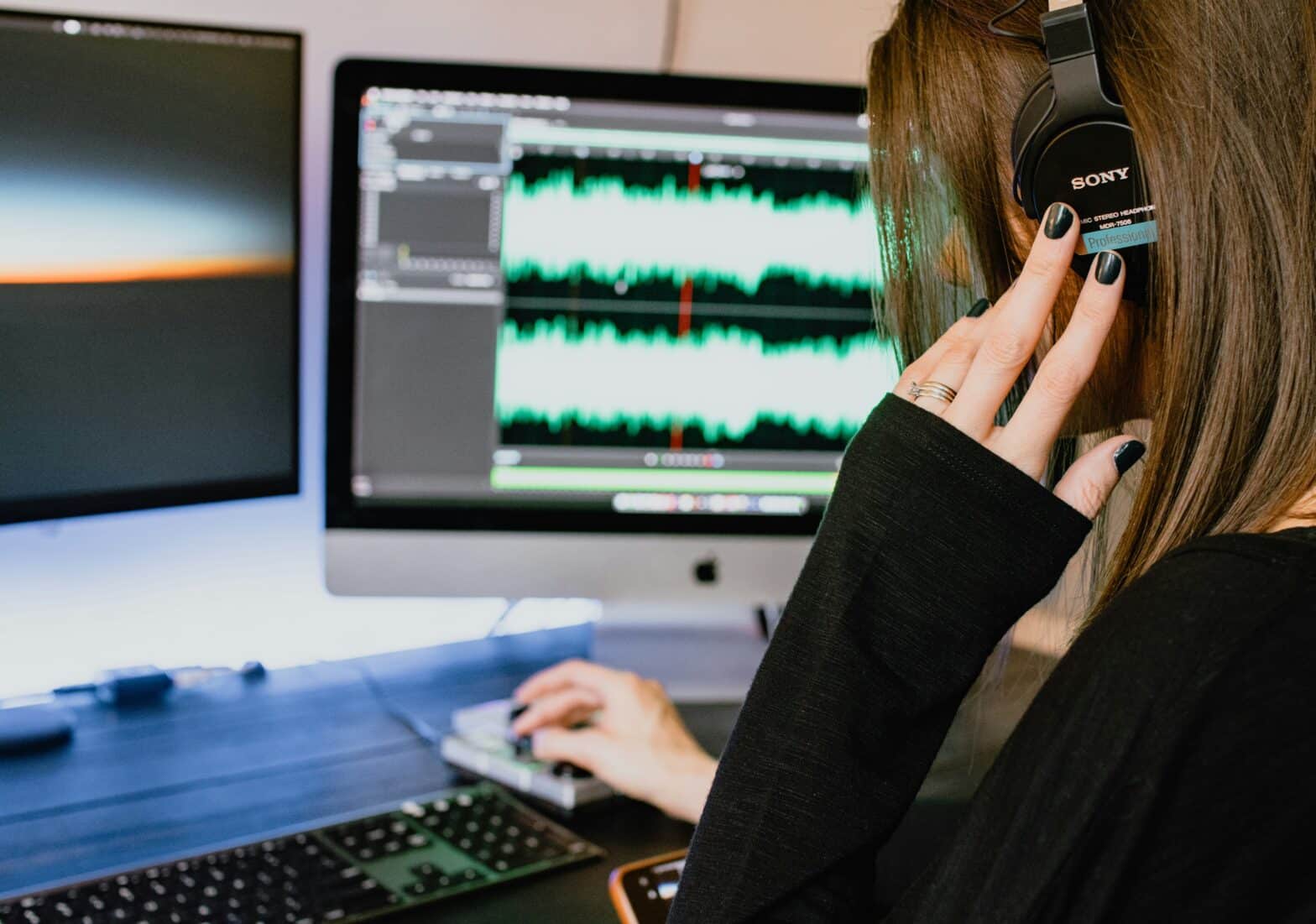Introduction
In the realm of voiceover, the ability to speak and perform in multiple languages is a valuable asset. It allows you to cater to a broader audience and tap into international markets. Let’s delve into the world of multilingual voiceover and explore the benefits of learning new languages and accents.
The Power of Multilingual Voiceover
- Expanding Your Reach: The ability to speak multiple languages opens doors to a wider range of clients and projects. You can target international markets, work on multilingual campaigns, and connect with audiences from diverse cultural backgrounds.
- Differentiating Yourself: Being multilingual sets you apart from other voiceover artists who specialize only in one language. It showcases your versatility and demonstrates your dedication to your craft.
- Enhancing Authenticity: When delivering voiceover in a language other than your native, it’s essential to master the nuances of the language and its associated dialects. This ensures that your performances sound natural and authentic to the target audience.
The Nuances of Accents
- Accent vs. Dialect: While accents refer to variations in pronunciation, dialects encompass broader differences in vocabulary, grammar, and syntax. Understanding these nuances is crucial for delivering accurate and culturally appropriate voiceovers.
- Adding Depth and Authenticity: Mastering different accents allows you to bring local characters to life, convey regional or cultural identities, and add depth to your performances. It can help you connect with audiences on a deeper level and create a more immersive experience.
Tips for Mastering Multilingual Voiceover
- Immerse Yourself: To improve your pronunciation and fluency, immerse yourself in the language. Watch movies, listen to music, and read books in the target language and practice until you are happy with your performance.
- Seek Professional Guidance: Consider taking language classes or working with a language or accent guide to refine your pronunciation and grammar. This will help you strengthen your language foundation and also help you become fluent in your speech.
- Practice Regularly: Consistent practice is key to mastering a new language. Set aside time each day to practice speaking, reading, and most importantly, listening. Mastering the subtle nuances of any language is absolutely essential when it comes to bagging those multilingual projects.
- Record Yourself: Record yourself speaking in the target language and listen carefully and find areas where you can improve. This is a good way to compare to a benchmark and repeat till you perfect the outcome.
- Seek Feedback: Ask native speakers for feedback on your pronunciation and accent and keep working on it till they say “You sound like a native”. Ultimately, these natives are your real target audience, and if you can wow them, you’ve mastered the language very well.
Conclusion
Learning new languages and accents can significantly expand your voiceover horizons. By becoming a multilingual voiceover artist, you can increase your marketability, differentiate yourself from competitors, and deliver more authentic and engaging performances. So, embrace the challenge, immerse yourself in new languages, and unlock the power of multilingual voiceover.
Rupa Krishnan
29 October, 2024 . 5 Min read








